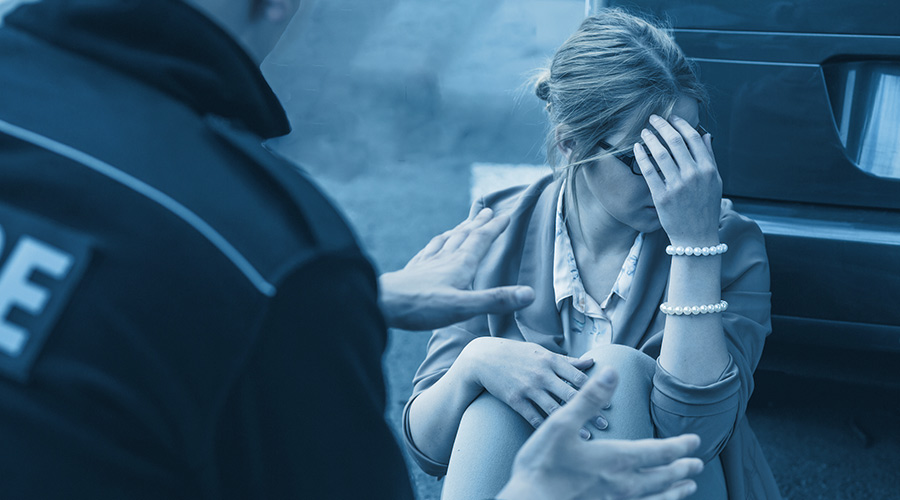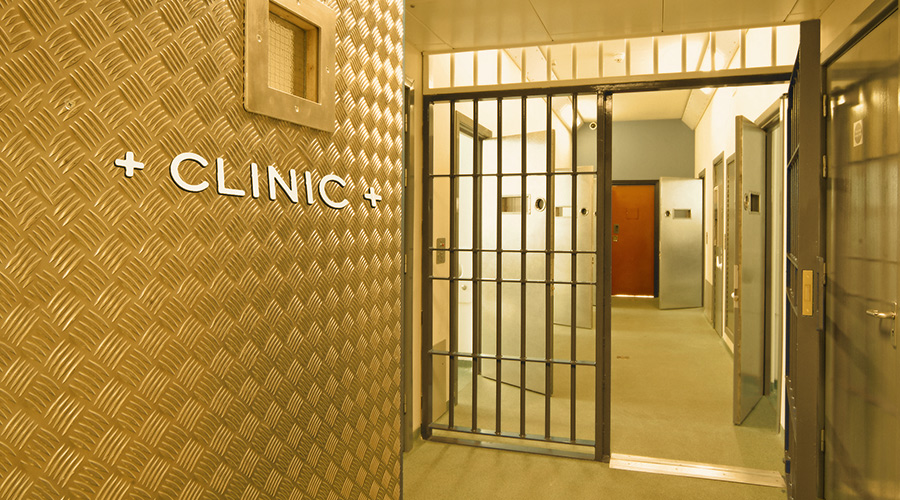Adult and Juvenile Drug Courts

Adult and juvenile drug courts are specialized court docket programs that target adults charged with or convicted of a crime and youth involved in the juvenile justice system who have drug dependency problems.
Adult Probation and Parole

Probation is a form of community supervision that requires individuals to be supervised and monitored by probation officers, who ensure their compliance with conditions of supervision.
Community Courts

Community courts are neighborhood-focused court programs that combine the power of the community and the justice system to address local problems.
Community Supervision
Transforming Systems Community supervision agencies are responsible for managing the largest number of people within the justice system. As of 2016, 7 in 10 people under correctional supervision were supervised in the community. Community supervision is employed in a range of situations, and the use of community supervision can differ significantly between system-involved adults and […]
Court-Based Interventions
Transforming Systems Court-based interventions focus on connecting people with needed community-based care. These connections may be provided at a person’s initial court appearance or at subsequent court appearances and can be done pre-plea or post-plea. There are a number of court models to explore based on your community’s needs. Featured Topics
Crisis Call Centers

Crisis call centers offer real-time access to a person well-trained in responding to mental health, substance use, and suicidal crises. Crisis call centers operate 24/7 every day and are staffed by clinicians overseeing clinical triage and other trained team members.
Crisis Intervention Teams (CIT)

Crisis Intervention Team (CIT) programs bring together law enforcement, mental health professionals, mental health advocates, and other partners to improve community responses to mental health crises.
Crisis Response
Transforming Systems Crisis response provides immediate assistance to individuals experiencing a mental health or substance use crisis. Crisis response can occur with or without law enforcement. Crisis response models can vary, but all serve to ensure early identification of individuals experiencing a behavioral health crisis to link them with an appropriate behavioral health response to […]
Crisis Stabilization Centers

A crisis stabilization center is a facility designed to provide linkages to behavioral health services and other social supports and services to reduce the utilization rates of emergency health services and public safety services.
DUI/DWI Courts

These specialty courts follow the well-established drug court model and are based on the premise that impaired driving can be prevented if the underlying causes, such as substance use and mental health disorders, are identified and addressed.
Early Intervention in Child Welfare System

There are several intervention programs that can be used for youths involved in the child welfare system including home visiting programs, parent education programs, parent support groups, school-based programs, and prevention programs.
Family Treatment Courts/Safe Baby Courts

Family treatment courts use a multidisciplinary, collaborative approach to serve families with substance use disorders and who are involved with the child welfare system.
Jail-Based Intervention

Jail-based interventions include programs and health care services that provide medical and behavioral health services to people in jail who need treatment.
Jails and Reentry
Transforming Systems Interventions in jails and for individuals reentering the community include services that can help them address their mental or substance use disorders during and after incarceration. Jail-based programming and health care services can provide medical and behavioral health services to detained people who need treatment. Reentry services can involve transition planning and support […]
Juvenile Probation

Juvenile probation is a form of community supervision where probation officers supervise youth who are placed on court-ordered probation.
Law Enforcement Diversion and Deflection

Instead of traditional police approaches, law enforcement diversion and deflection rely on law enforcement as the referral source to community-based treatment or service providers before arrest.
Mental Health Courts

Mental health courts partner criminal justice system stakeholders with behavioral health to divert eligible offenders into a judicially supervised program which includes community-based treatment.
Mobile Crisis Response

Mobile crisis teams typically triage a situation by providing crisis screening, intervention, de-escalation services, coordination with medical and behavioral health services, and crisis planning.
Opioid Courts

Effectively treating opioid use disorder (OUD) and preventing overdose requires a collaborative approach across systems.
Pre-Arrest and Pre-Prosecution Diversion
Transforming Systems Pre-arrest and pre-prosecution diversion programs redirect individuals from traditional criminal justice pathways to treatment or support systems. There is a wide range of diversion models in operation across the United States; however, many programs aim to increase connections to support services, reduce pressure on the criminal justice system (e.g., saving money, saving time), […]